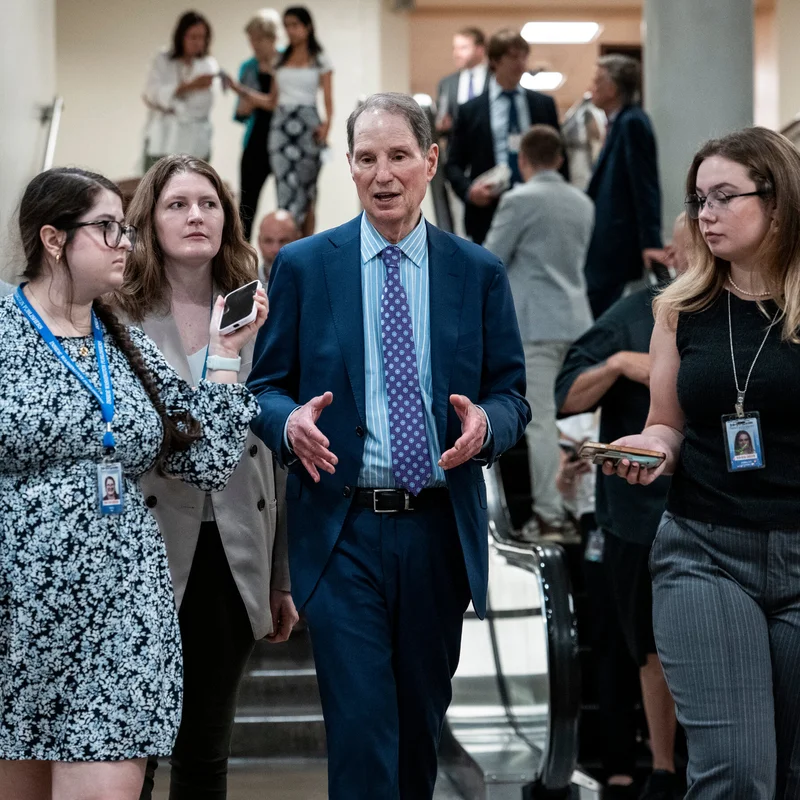After six years of silence, strained relations, and billion-dollar losses, the NBA is officially back in China. This week, preseason games tipped off in Macau—a symbolic halfway point between the U.S. and mainland China—marking the league’s most significant step toward rebuilding one of its most lucrative international markets.
The return isn’t just about basketball. It’s the result of quiet diplomacy, corporate pressure, and a shifting geopolitical landscape. As New York Times business reporter Tania Ganguli revealed on the ground in Macau, the comeback was orchestrated by a coalition of stakeholders who never stopped believing in the China-NBA connection .
Why Did the NBA Leave China?
The rift began in October 2019, when Daryl Morey, then general manager of the Houston Rockets, tweeted support for Hong Kong protesters. The message—just seven words—ignited a firestorm. Chinese state media pulled NBA broadcasts. Sponsors like Tencent and Mengniu Dairy severed ties. Merchandise vanished from shelves. Overnight, the NBA lost an estimated $200 million in annual revenue .
For six years, the league treaded carefully—issuing vague statements, avoiding political commentary, and focusing on grassroots programs to keep a low-profile presence alive.
NBA Returns to China: Who Made It Happen?
According to Ganguli’s reporting, the return wasn’t a unilateral NBA decision. Behind the scenes, three key players pushed for reconciliation:
- Chinese business elites: Frustrated by the cultural and economic vacuum, private investors lobbied Beijing to soften its stance.
- U.S. corporate partners: Brands like Nike and Coca-Cola, which rely heavily on Chinese consumers, urged the league to find a diplomatic path forward.
- NBA team owners: Facing flat domestic growth, owners saw China as essential to long-term global expansion.
Macau: A Strategic Neutral Ground
Choosing Macau—a special administrative region with looser media controls than mainland China—was no accident. It allowed the NBA to test the waters without triggering political backlash.
The games featured the Los Angeles Lakers and Phoenix Suns, two franchises with massive Chinese fan bases. Stars like LeBron James and Devin Booker drew crowds, but more importantly, they signaled goodwill.
What Comes Next?
The Macau games are just the beginning. The NBA is already in talks to:
- Relaunch its partnership with Tencent for streaming rights
- Open new NBA Academy training centers in Chengdu and Hangzhou
- Bring regular-season games to Shanghai or Shenzhen by 2027
The Business of Basketball Diplomacy
China represents more than 10% of the NBA’s global audience. Before the fallout, it contributed nearly $5 billion in annual revenue through media, merchandise, and sponsorships . Rebuilding that ecosystem won’t happen overnight—but the Macau games prove both sides are ready to try.
“This isn’t just about sports,” said one NBA executive who spoke anonymously. “It’s about proving that commerce can outlast controversy.”



